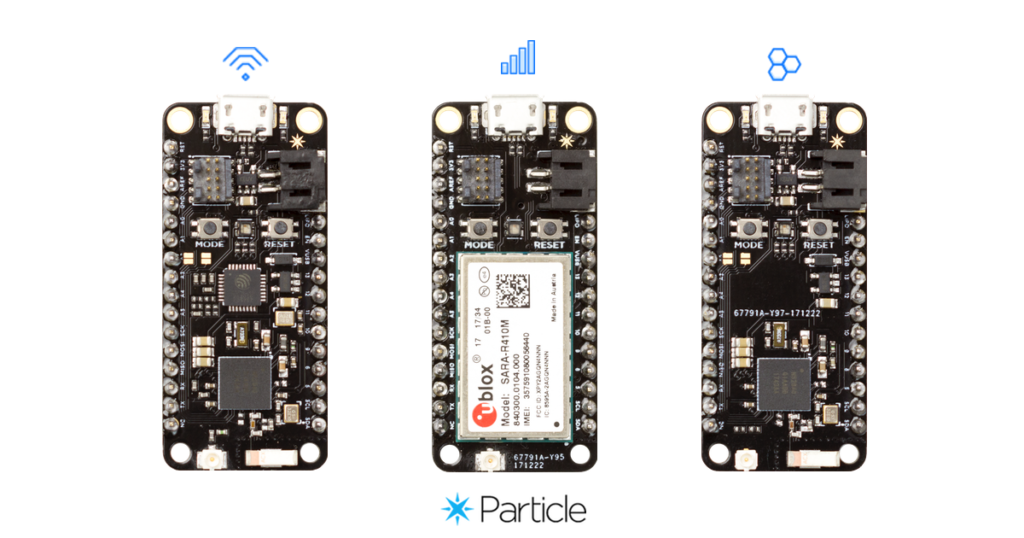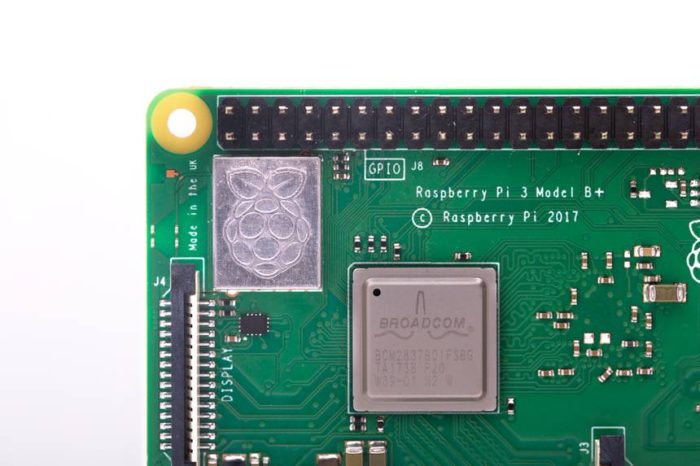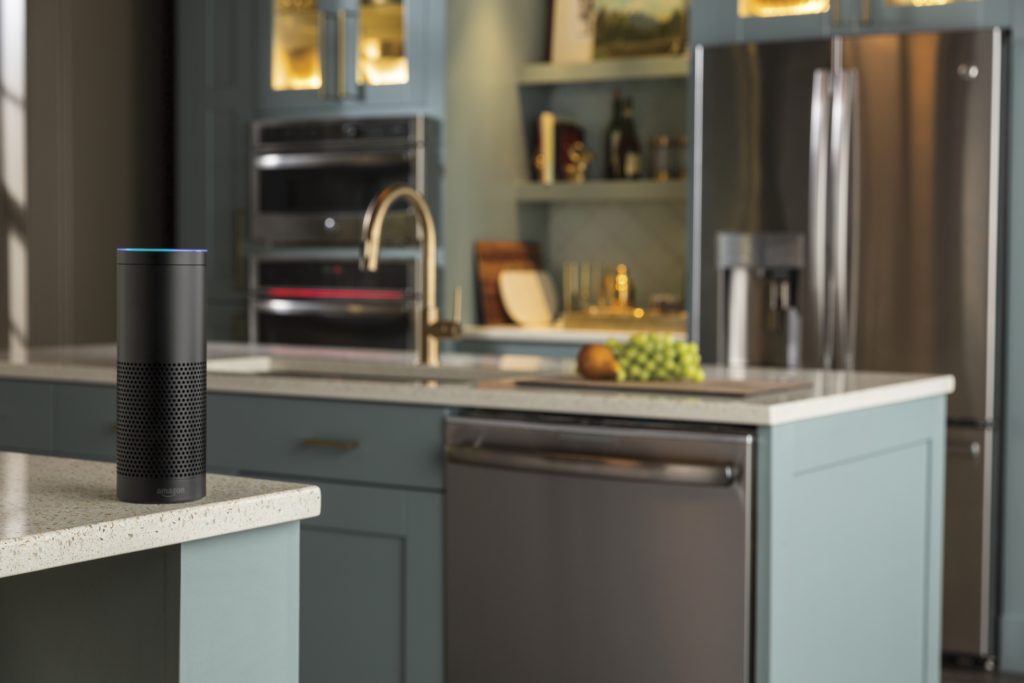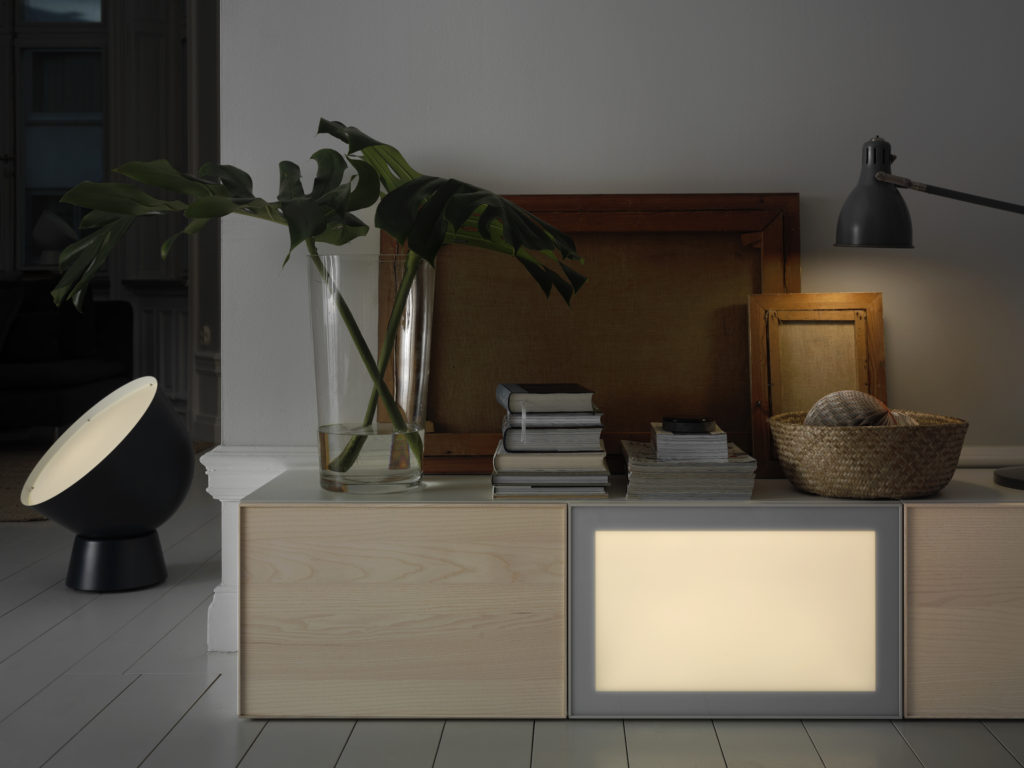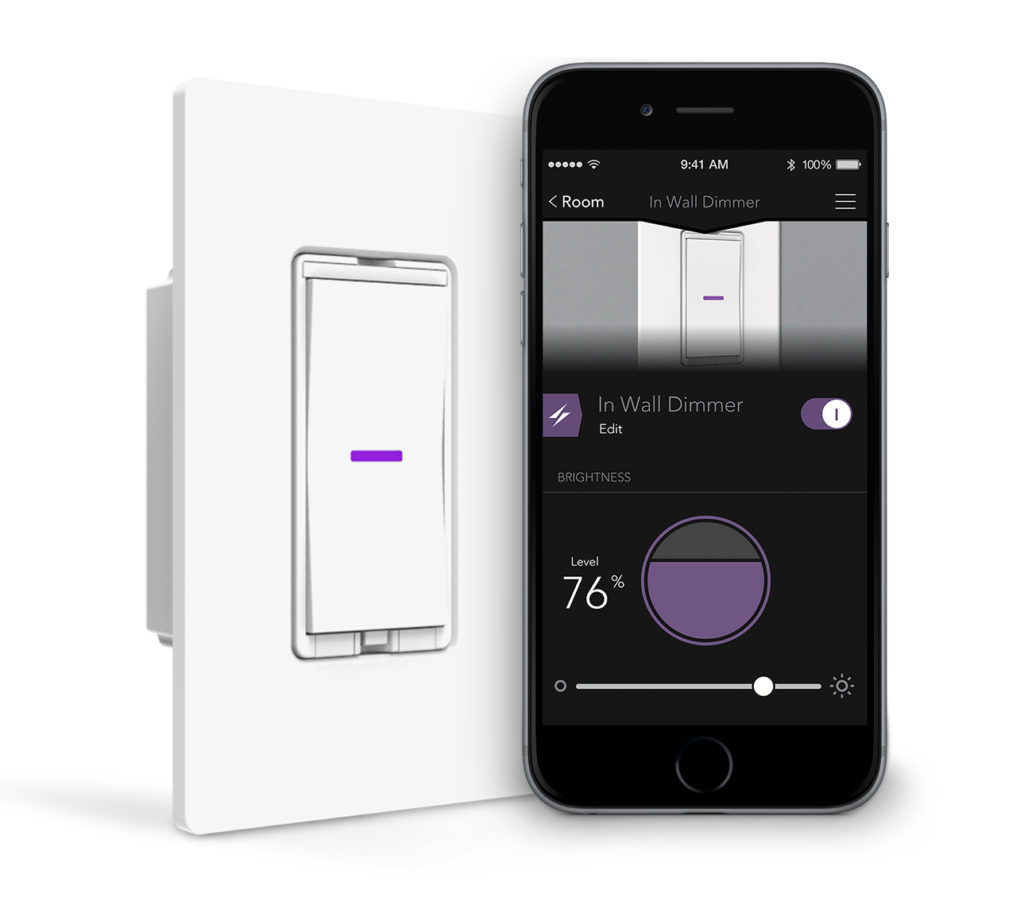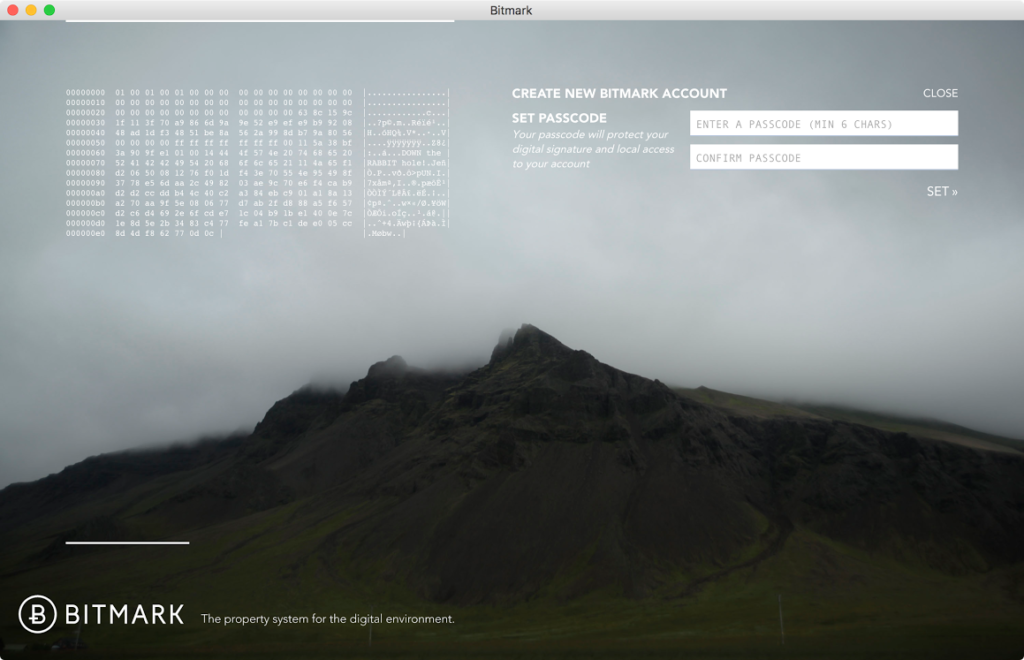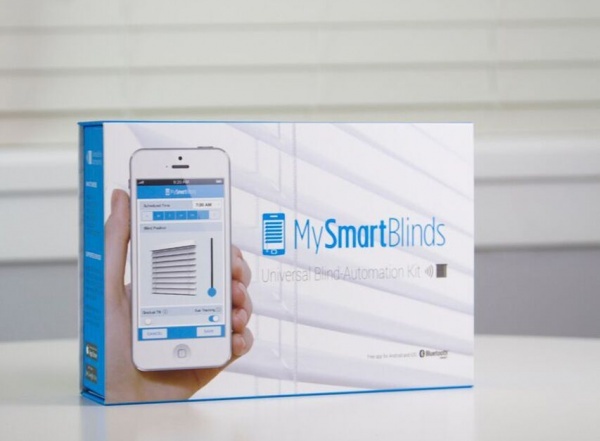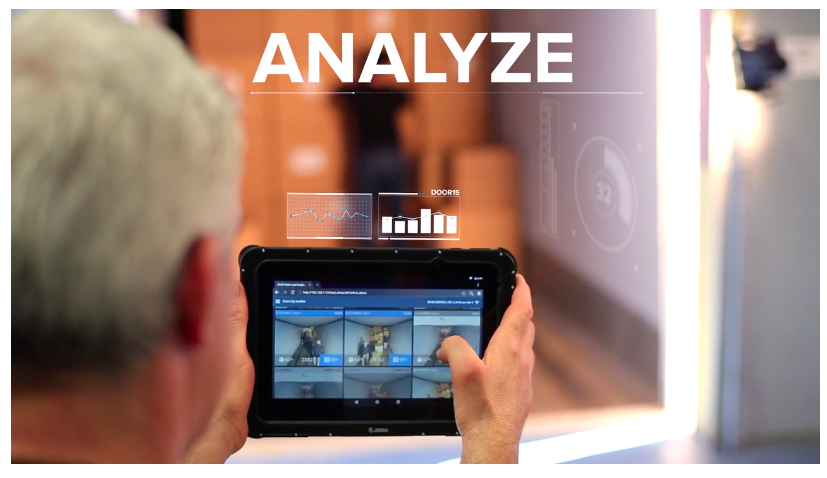There were several acquisitions this week and the end of two prominent IoT platforms to cover, so Kevin and I had a lot to talk about. We kick off the show with Amazon’s purchase of mesh Wi-Fi company Eero and then segue into a conversation about Amazon’s data collection efforts. From there we move into security company ADT buying a DIY security company called LifeShield, and then DIY security company abode entering into a partnership with do-it-for-me helper Hello Tech. After that, we talk about Google’s demotion of the Android Things platform and the end of Samsung’s Artik module and cloud. We cover news from Sigfox, a new wearable, and Arlo’s earnings before getting Kevin’s thoughts on the Hubitat Elevation hub. And we end by answering a listener question on how to prevent smart TVs from spying on you.
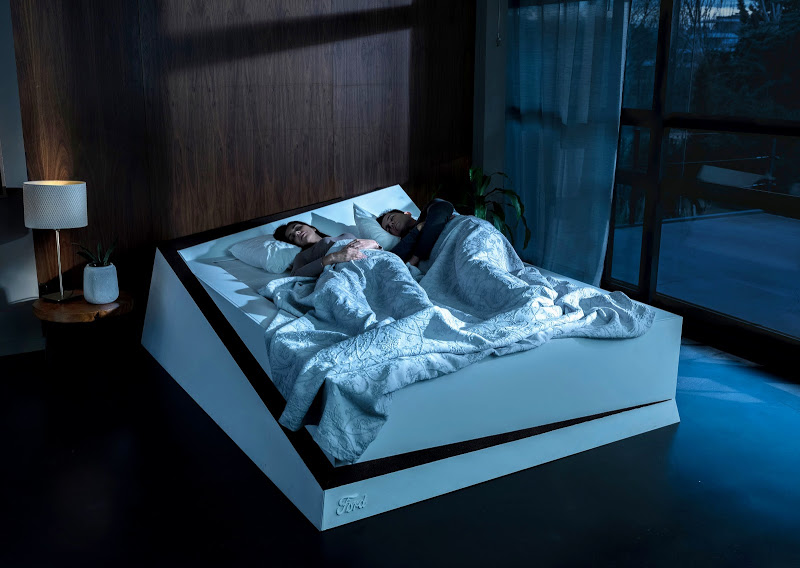
Our guest this week is Loic Lietar, CEO of Greenwaves Technologies, a chip design firm using the new open-source RISC-V architecture to design a low-power IoT processor. Lietar explains what RISC-V is, how difficult it is to get the industry to adopt a new processor architecture and what RISC-V could mean for the IoT. He also discusses how the economics of open source silicon could change how chips get adopted and designed. You’ll want to tune in.
Host: Stacey Higginbotham and Kevin Tofel
Guest: Loic Lietar, CEO of Greenwaves Technologies
Sponsors: Urban-X and Western Digital
- Why Amazon bought Eero and other routers you might choose now
- The death of Samsung Artik and the demotion of Android Things
- Hubitat Elevation hub review
- Why is Ford making a bed?
- What the heck is RISC-V
- Why does the world need a new instruction set?
Podcast: Play in new window | Download | Embed
Subscribe: RSS

